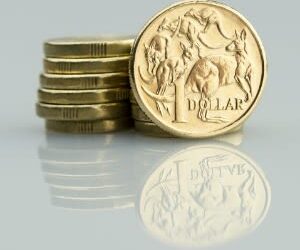Sunsuper and QSuper members have called on the superannuation funds to stop investing in thermal coal, according to the Australian Conservation Foundation.
The foundation said some of the country’s largest super funds had committed towards net zero emissions by exiting thermal coal investments but QSuper and Sunsuper were dragging their heels on climate and acting against the best interests of their members.
It said 65 Sunsuper and 141 QSuper members urged the funds to reconcile their stated commitments to invest responsibly with their investments in high-emitting assets.
The letters had come at the same time the two super funds signed a heads of agreement to merge.
The members called on QSuper’s chief of member experience, Jason Murray, and Sunsuper’s chief member officer, Steven Travis to disclose:
- A detailed list of companies the funds invest in;
- Emissions reduction strategies for the funds’ respective portfolios;
- If the funds had conducted portfolio-wide scenario analysis on climate change risks; and
- The precise engagement processes each fund undertakes with investee companies to reduce their carbon exposures.
Sunsuper had not publicly released a climate action plan on how it would decarbonise its portfolios but claimed it recognised climate change as a material risk to its investments and measures its investments’ carbon exposure.
In 2019, QSuper said the investments markets did not properly understand climate change risk and in December 2020 it said it would look to take steps to identify its financed emissions and actively engage with investee companies.
QSuper member, Dr Emma Gilberg’s letter to the fund said climate change was directly impacting the health of her family and patients.
“Last year’s bushfires, for example, caused significant impact on the respiratory, cardiovascular, and mental health of the patients I care for,” she said.
“Of particular concern is the ongoing health effects, especially in children which is unknown at this stage.
“We need Australia’s biggest financial institutions, including QSuper, to move their money out of fossil fuels to limit the health consequences of climate change.”
Another QSuper member, Michelle Conkas, said her family were living in the middle of the worst drought on record near Stanthorpe, Queesnland, despite the La Niña summer.
“We’re seeing first-hand what climate change is doing. Swathes of eucalyptus trees are dead. Our dams are empty. Our town has been trucking in water since January 2020,” Conkas said.
“While QSuper’s promotional material promises to help us ‘weather any storm’, it has failed to make public a plan to reach net zero emissions by 2050 and failed to divest from fossil fuels – the biggest driver of climate damage like extreme bushfires, drought and floods.
“I want to make sure QSuper does not use members’ retirement savings to cause the destruction of my future and my children’s future.”




